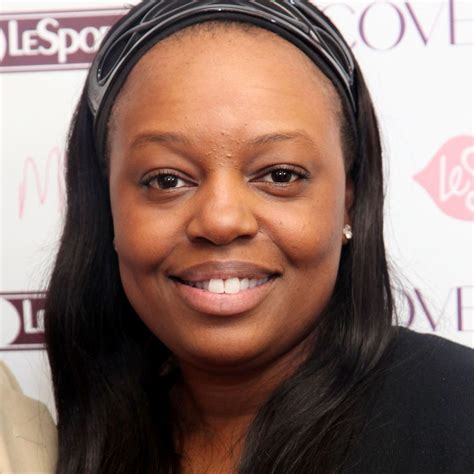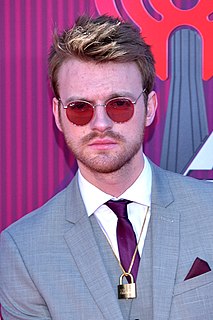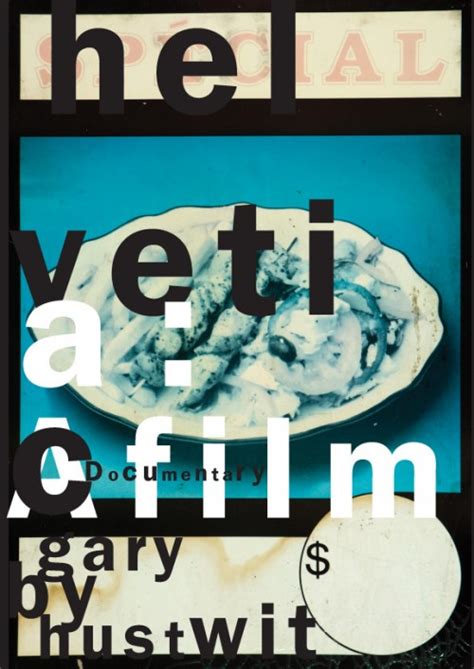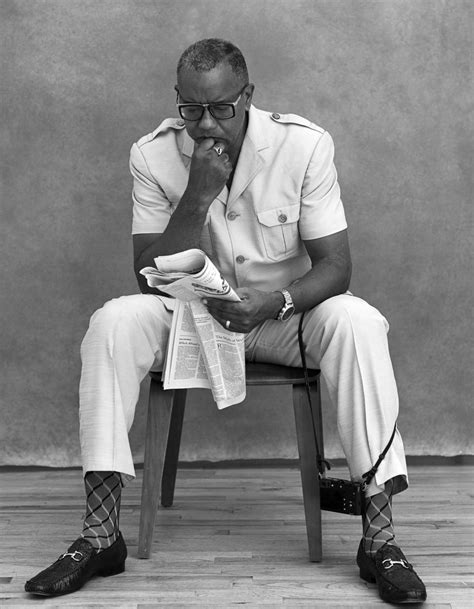A Quote by Tod Papageorge
If you accept the idea that photographers, or some of them, are actually artists, then you have to look at their work less as a document of something than as a personal vision of the world.
Related Quotes
The idea of private property universal but private, the idea of families free but still families, of domesticity democratic but still domestic, of one man one house - this remains the real vision and magnet of mankind. The world may accept something more official and general, less human and intimate. But the world will be like a broken-hearted woman who makes a humdrum marriage because she may not make a happy one; Socialism may be the world's deliverance, but it is not the world's desire.
I encourage courtesy. To accept nothing less than courtesy, and to give nothing less than courtesy. If we accept being talked to any kind of a way, then we are telling ourselves we are not quite worth the best. And if we have the effrontery to talk to anybody with less than courtesy, we tell ourselves and the world we are not very intelligent.
What do you mean less than nothing? I don't think there is any such thing as less than nothing. Nothing is absolutely the limit of nothingness. It's the lowest you can go. It's the end of the line. How can something be less than nothing? If there were something that was less than nothing, then nothing would not be nothing, it would be something - even though it's just a very little bit of something. But if nothing is nothing, then nothing has nothing that is less than it is.
Art movements are always linked to some kind of turmoil. We can look at history and see that [political turmoil is] fertile ground for art. I also think that it gives artists something, a way of kind of processing. My friends and I have all been super motivated to work and to do the work that we need to and want to and think should be in the world. Hard times are really a fire under your ass to prioritize and think, "Okay, how can I challenge myself to put something in the world that wasn't there that can reach other folks and help them to process"?
Yeah, it's odd when you look back at your own work. Some filmmakers don't look back at their work at all. I look at my work a lot, actually. I feel like I learned something while looking at stuff I've done in terms of what I'm going to do in the future, mistakes I've made and things at work or what have you.
For spiritual companions I have had the many artists who have relied on nature to help shape their imagination. And their most elaborate equipment was a deep reverence for the world through which they passed. Photographers share something with these artists. We seek only to see and to describe with our own voices, and, though we are seldom heard as soloists, we cannot photograph the world in any other way.
I think what it was with the war photography was the concerned eye, the desire to document these situations to show the world the horrors of war. It inspired me to document prostitution; inspired me to document homelessness in America. We are the richest country in the world, yet we have people suffering, so it helped me to look at things in that manner.
The more students work at storing the deposits entrusted to them, the less they develop the critical consciousness which would result from their intervention in the world as transformers of that world. The more completely they accept the passive role impressed on them, the more they tend simply to adapt to the world as it is and to the fragmented view of reality deposited in them.


































